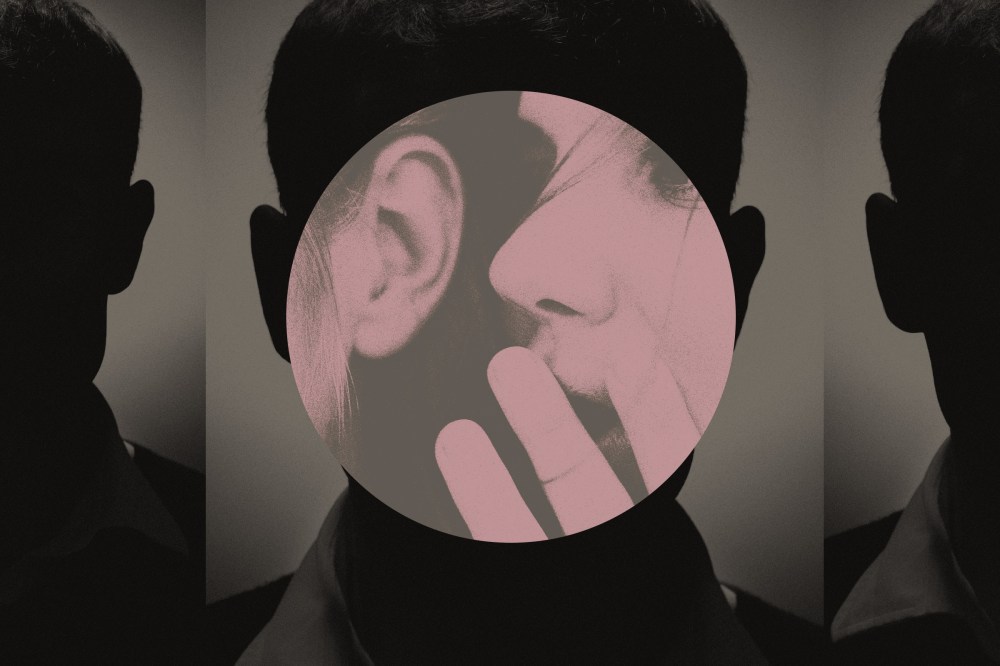Calls to ban Tea Dating Advice, a women-only online dating safety app where users can share stories and information about men they dated, have exploded in recent weeks, driven by fears that reputations, especially of young men, could be damaged by anonymous and potentially false allegations of sexual misconduct. But what does it say about our cultural priorities when the potential for reputational harm against men sparks more outrage than the prevalence of sexual violence against women that online dating has facilitated for years?
Dating apps have long been associated with very real incidents of rape and other forms of sexual violence.
The Tea app was designed to help women avoid harmful dating partners, and it recently became the most downloaded free app on Apple’s App Store. With that increase in popularity came a public outcry, especially from among men — who cannot access the app. They argue that Tea encourages doxxing (the unwanted release of personal information) and enables the spread of intentionally false and defamatory stories that can ruin men’s reputations and dating prospects. Criticism of Tea has led to security breaches of the app and doxxing of the women who use it.
The potential for Tea to be misused for reputational damage has led to calls on social media for the app to be shut down entirely. Yet by this logic dating apps themselves shouldn’t exist.
Women should feel safe online – but too often, we don’t because of the lack of cybersecurity and data privacy protections on top of all of the harassment we face. The data breach of the Tea App is just a symptom of this larger problem and it’s time we finally take it seriously.
— Congresswoman Sara Jacobs (@sarajacobs.house.gov) 2025-07-30T19:26:47.075Z
Unwarranted reputational damage associated with the Tea app is largely speculative at this point, but dating apps have long been associated with very real incidents of rape and other forms of sexual violence. Studies across the United States and Australia consistently show that approximately 10% of reported incidents of rape are attributable to dating apps. This is likely an underestimate given the propensity for sexual violence to go unreported and the potential for online daters to cause sexual harm unintentionally due to misunderstandings regarding consent.
The majority of victims of sexual violence are women. Despite this knowledge, we seldom hear calls for dating apps to be shut down because of the role they play in sexual harm against women. We’ve certainly not heard any such calls expressed with the fervor that Tea’s opponents have expressed.
We seldom hear calls for dating apps to be shut down because of the role they play in sexual harm against women.
Not only are dating apps still as popular as ever, safety-oriented improvements in their design have been superficial at best. Almost every safety feature built into dating apps is reactive — such as user blocking and reporting features— meaning they require women to first be harmed before the feature can be used. It’s telling that Tea is a standalone app and not a feature built into any existing dating platform where users actually discover and chat with dating partners.
Tea is the first real advancement in online dating safety since…ever. It is certainly the most popular tool for women to avoid, rather than react to, online dating harm.
The Tea app should be controversial, but for very different reasons. Why is Tea the only dating safety technology for women to get mass attention in recent years?
First Came Tea. Then Came the Male Rage. The app was meant to make dating safer for women. Data breaches exposing its users show why it was so popular in the first place.www.theatlantic.com/family/archi…#CyberSecurity











